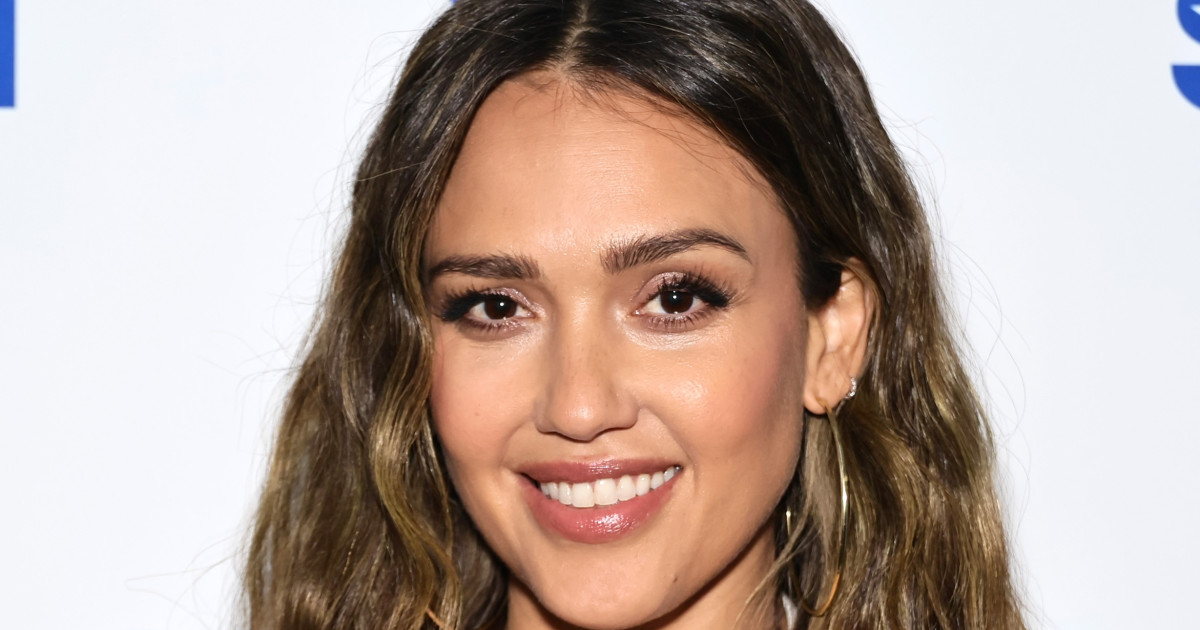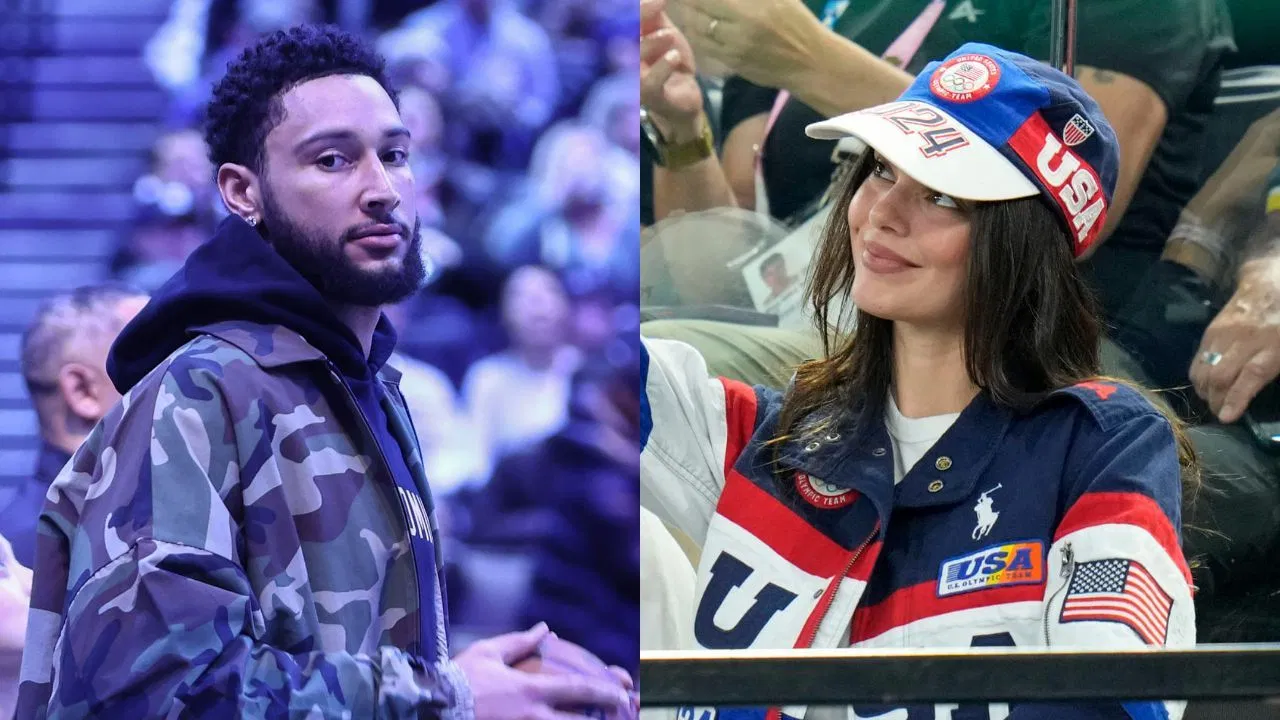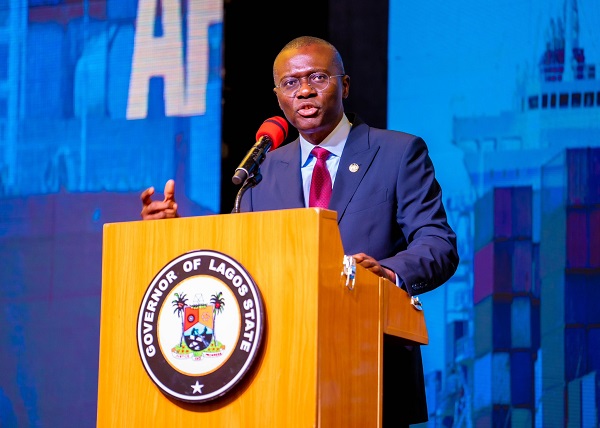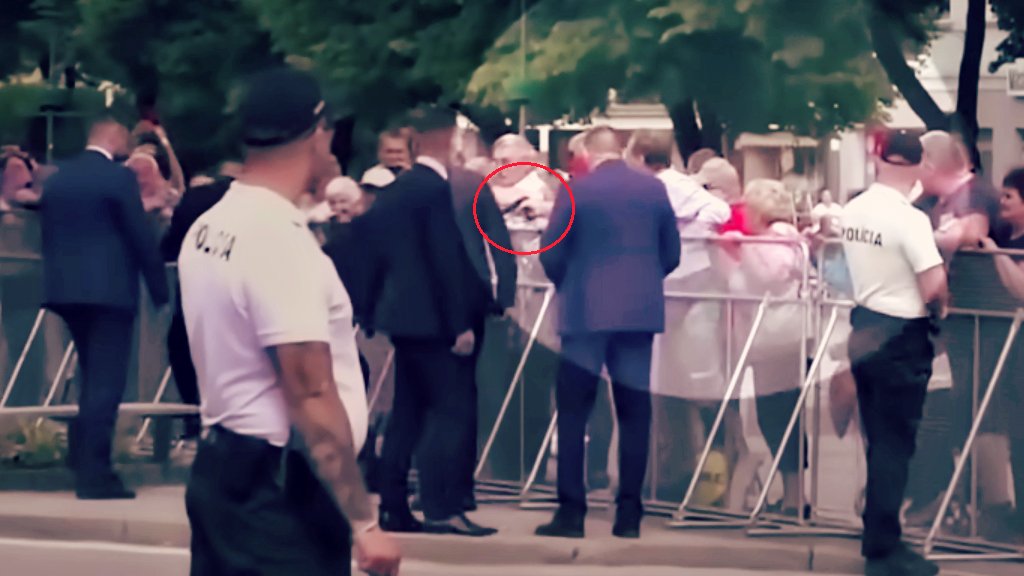Copyright independent
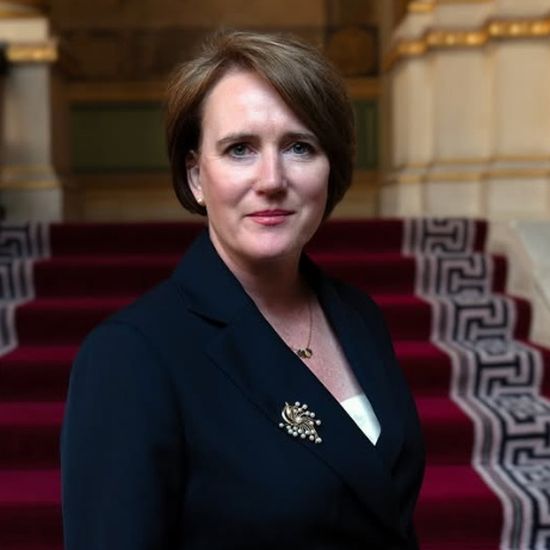
Kara Owen took on the role in September following the departure of Paul Johnston and impressed when she showed off her skills as Gaeilge while presenting her Letter of Credence to President Michael D Higgins at Áras an Uachtaráin last week. While speaking at the Áras, she also reflected on attending this year’s All-Ireland camogie final and offered a “comhghairdeas” to the victorious Galway team. Speaking to Oliver Callan on RTÉ Radio 1, Ms Owen said Irish people “have been so kind and encouraging” as she has undertaken learning the Irish language. “I think you really take a risk when you launch yourself into speaking in a language that’s new to you, but people couldn’t have been more encouraging. It’s been wonderful.” Though she admitted Irish has been the most difficult language she has learned – ahead of Cantonese, Vietnamese and French – Ms Owen said the experience has been “so worth it”. “It’s been so rewarding. I think I’ll be learning it for a very long time to come.” Asked what level of Irish she was hoping to attain during her time in Ireland, Ms Owen said she wants to be able “to communicate easily” through the language. “It’s really challenging, but I’m 54 now, one of the things I love about getting older is you just worry less. “You just worry a whole heap less. I know I’ll be making mistakes all over the place. I’ve found that will offend some people, maybe, if they want it to be perfect. “But, there’s nothing I can do. My wish to understand it really deeply, and to be able to get better and better at it is really deep and sincere. “It’s a beautiful language. I love the phraseology, it helps me understand why Hiberno-English is like it is. "In some ways it makes me understand deep cultural frames of references that I find in Ireland and Irish people, so to me it’s an incredible gift. Hard work, but an incredible gift. "Tá go leor le foghlaim fós.” (There’s still a lot to learn.) As well as taking on the task of learning Irish, Ms Owen also said she has a number of family ties to Ireland, including ancestors in the northeast and southeast of the country. “Going back a bit, but yeah, both in my genetics. Many, many British people have some Irish DNA in their genetics and I’m no different. “I think my connections go back to County Wicklow, outside Castlemacadam, and also County Down, Newtownards, so both on my mother’s side.” Ms Owen’s ancestors left Ireland just after the Famine in the late 1850s, settling in the mining community she hails from in Cumbria. She also has a much more current connection to Ireland through her husband, who first she met in Indonesia. Both were in the western province of Aceh, where a peace deal had been brokered after years of conflict. News in 90 Seconds - October 21st While Ms Owen was there as a British diplomat, her now husband, William Tierney, from Ballinasloe in Co Galway, was serving as a member of the Irish Defence Forces. It is easy to see who out of the couple won out in discussions over who would name their children. They share two daughters, Saoirse and Líla. "I am probably the first British ambassador to have a daughter called Saoirse, and it’s a name I absolutely adore. I think it should instil with her a sense of freedom to be herself. "My husband was kind of very uncompromising and non-negotiable about it. It’s the name he wanted, and it’s the name she has.” Ms Owen’s upbringing in west Cumbria saw her take what would not be described as the traditional route of a diplomat. She attended her local non-fee-paying school and received encouragement from her teachers to pursue the career she went on to have. “It’s far from diplomats I was reared kind of thing - to use an Irish phrase. “It was my teacher, my history teacher when I was 16, who clearly saw how much I loved political and diplomatic history, said ‘You should think about being a diplomat’, and I’d never even heard about it.” She then went on to study history at the University of Sheffield before beginning her work in the UK Foreign Office shortly afterwards. On whether the traditional ‘Oxbridge’ nature of UK politics remains in place, Ms Owen said the culture has “changed a lot” in her time but there is more work to be done. "We think a lot about how can we properly represent the country that we serve, and so we have put in place a lot of things to try and increase the diversity, we haven’t got there yet.”
